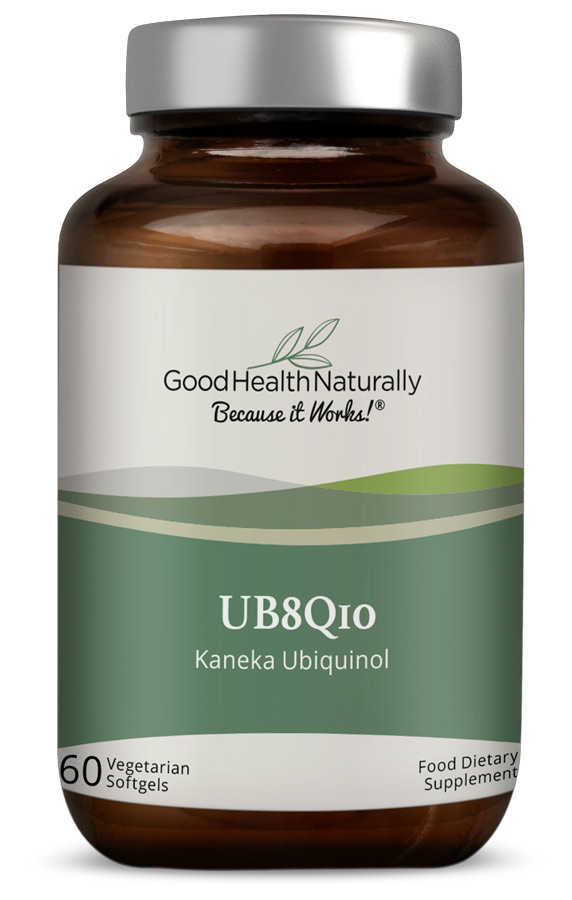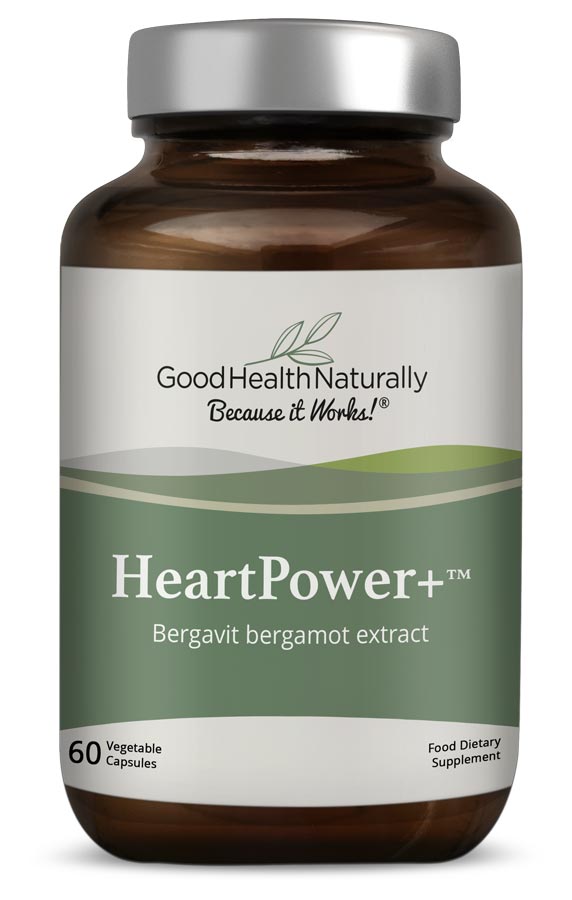As we journey through the year, the landscape of health and wellness continues to evolve, bringing new insights and discoveries that challenge our understanding of what it means to live a healthy life. This week, we delve into a topic that affects millions of people worldwide: cholesterol management and the use of statins.
Imagine this scenario: you’re at your routine check-up, and your doctor reviews your blood test results. The discussion turns to your cholesterol levels and the potential need for statins, a common medication prescribed to “reduce the risk of heart disease”. This conversation has been a staple in many medical offices, but a recently published study might change that familiar script.
To put this into context, statins have been one of the most intensively marketed and prescribed drugs in history, netting billions in profits for pharmaceutical companies like Pfizer and AstraZeneca. But is this all about change?
What the Study Says
A recent study published in JAMA Internal Medicine presents findings that could significantly alter current medical guidelines.
The study focuses on the American Heart Association’s updated Predicting Risk of Cardiovascular Disease EVENTs (PREVENT) equations, introduced in 2023. The researchers examined the potential impact of the proposed new PREVENT equations and showed that up to 40% of patients put on statins by their doctors may be able to stop them if the new guidelines are implemented.
These new equations provide a more nuanced risk assessment, incorporating a broader range of factors, compared to the older Pooled Cohort Equations (PCE) from 2013.
PREVENT equations include several key advancements:
Incorporation of Diverse Population Data: The PREVENT equations draw from a more diverse and contemporary population sample, better reflecting real-world demographics. This includes varied racial and ethnic backgrounds, which helps to provide more accurate risk assessments across different groups.
Current Statin Use: Unlike the PCE, which did not account for whether individuals were already taking statins, the PREVENT equations include this factor. This consideration is crucial because statin use can significantly alter lipid levels and overall cardiovascular risk profiles, leading to more personalised risk assessments.
Expanded Risk Factors: The new equations consider a broader range of risk factors, including additional metabolic conditions like diabetes and obesity, as well as chronic kidney disease. These conditions are known to significantly impact cardiovascular health and were not adequately represented in earlier models.
Updated Clinical Data: The PREVENT equations are based on more recent clinical data, which incorporate advancements in medical knowledge and changes in population health trends. This ensures that the risk predictions are aligned with current epidemiological realities.
Enhanced Predictive Accuracy: By including these additional factors, the PREVENT equations improve the predictive accuracy of cardiovascular events. This allows healthcare providers to better identify individuals at actual risk and avoid unnecessary treatments for those at lower risk.
These updates aim to refine the identification of individuals who would benefit from statins, thereby optimising the balance between treatment benefits and potential risks.
Are millions of people on statins who do not need them?
The impact of this updated model is substantial. The number of adults meeting the criteria for statin use in the USA has potentially dropped from 45.4 million to 28.3 million. This means that 17.3 million adults previously recommended to take statins might no longer need them under the new guidelines. Among these individuals are 4.1 million adults who are currently taking statins and may reconsider their necessity.
What does this mean for you and the millions of others prescribed statins? Could this shift lead to a more personalised approach to cholesterol management? We shall have to see how big pharma responds to the findings!
For those interested in learning more about cholesterol’s importance and how it is essential to a healthy body, we invite you to read our latest blog post; Cholesterol is Good for You This article explores cholesterol’s vital role in the body and provides insights into achieving balance through diet and lifestyle.






